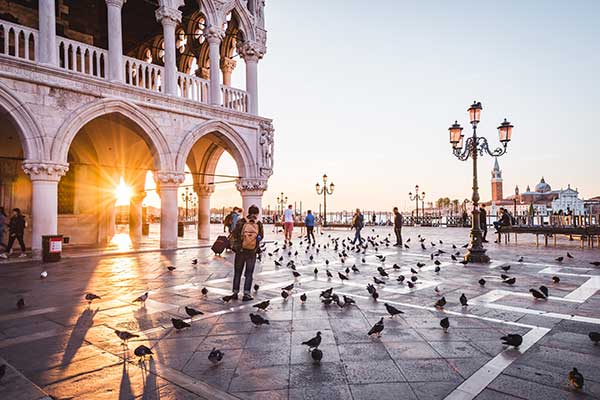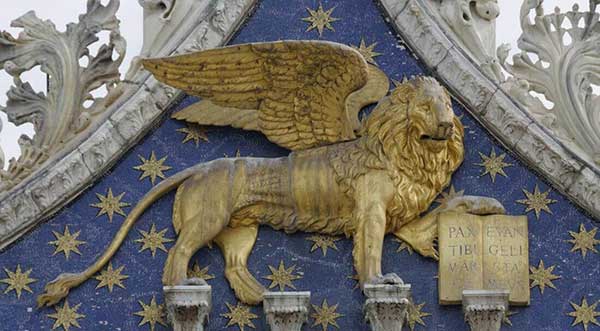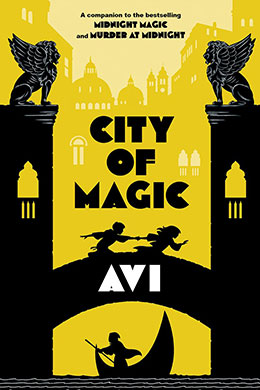My most recently published book (Scholastic) is City of Magic, the sequel to Murder at Midnight and Midnight Magic.
Perhaps you’ll recall Fabrizio, the street-smart, snappy-talking servant of Mangus, the philosopher magician from the earlier books. This book is Fabrizio’s telling, and concerns, believe it or not, finding the secret of double-entry bookkeeping. If you think that’s a dull subject, think again, because the essay in which that accounting method was first published—in Renaissance Venice—has been called, and I quote, “The most important piece of writing in the history of capitalism.”
But then, double-entry bookkeeping is a method that guides you to the making of profits.

Guess what? In the Renaissance, there were people who wanted to know that secret. That’s why Fabrizio and Mangus are ordered to go to Venice: to steal the manuscript which first reveals how it is done.
Now, I once lived in the city of Venice, Italy. It is truly—as it was called during the Renaissance—“another world.” Its islands, its canals, its ancient places, its many statues (its symbol is the omnipresent winged lion), its architecture, and its secret places, are truly enchanting. In its heyday it was the publishing center of the world, the only republic, the only place you could find clear glass, and its great plaza, Saint Marco’s, was known as “the living room of the western world.”


It was also a dangerous place, with fog, floods, narrow walkways, secret police, and people disappearing behind masks and swords. Guess who invented the term “blackballing?” And please don’t forget the notorious prisons hidden away in the Doge’s palazzo. You might like to know there are special cells for women and, oh, yes, a Torture Room.
What better place to set an adventure in 1492 for Fabrizio and his new friend Bianca?
And where is Friar Luca Pacioli, the man who is about to publish the secret of double-entry bookkeeping? On which island (among Venice’s one hundred and twenty) is he hiding? Fabrizio must find him.
Why did I go back to Venice and Fabrizio? Because the story, like Venice, is full of surprises. As the poet Robert Frost once said, “If there are no surprises for the writer, there are no surprises for the reader.”
City of Magic: Be prepared to be surprised.
